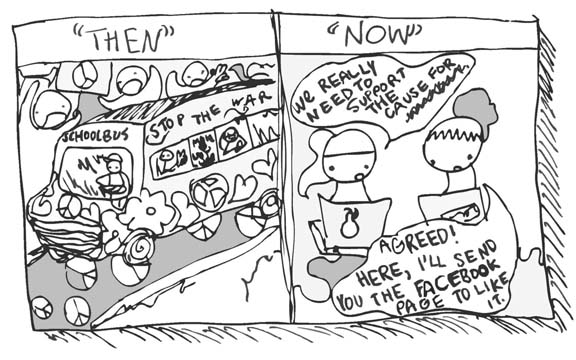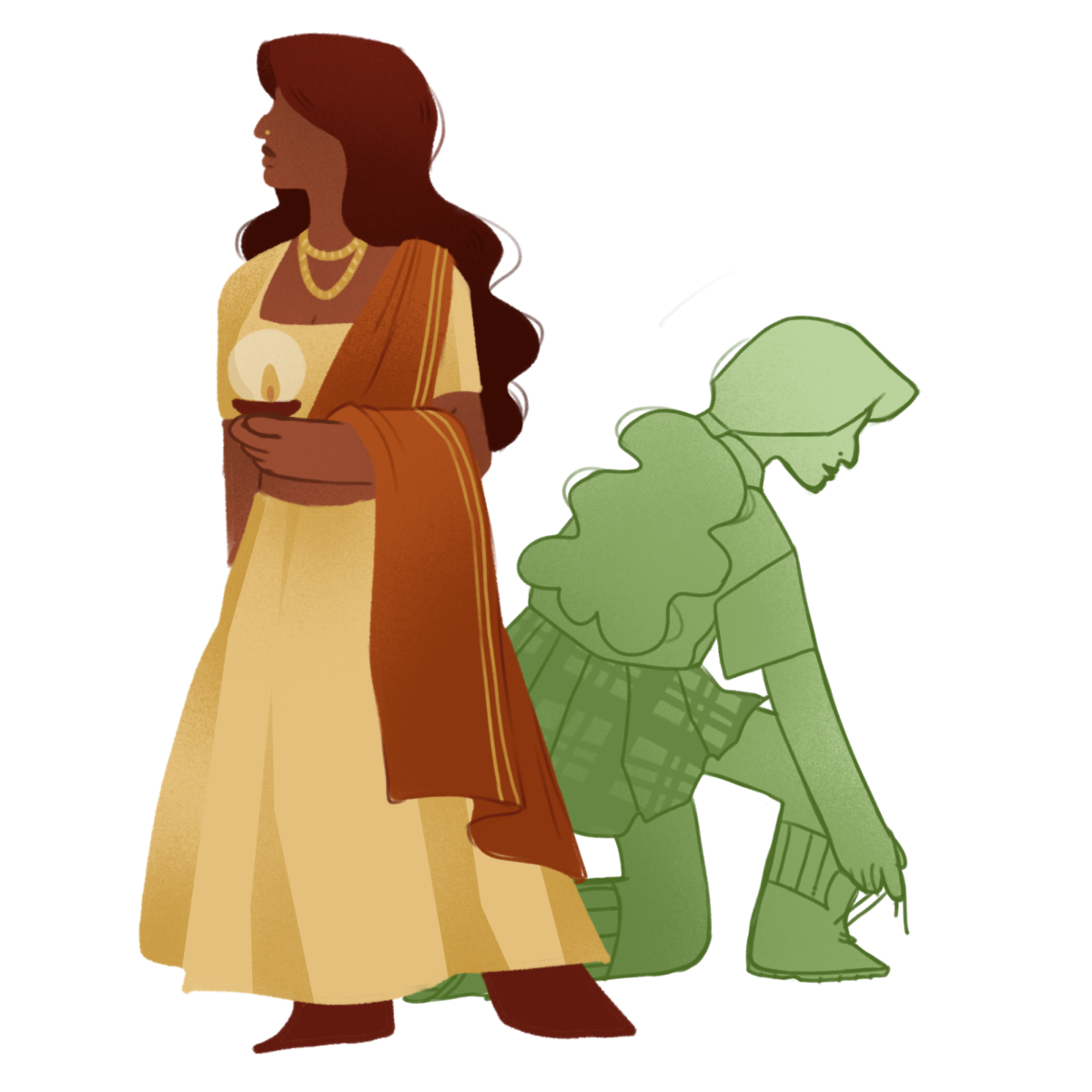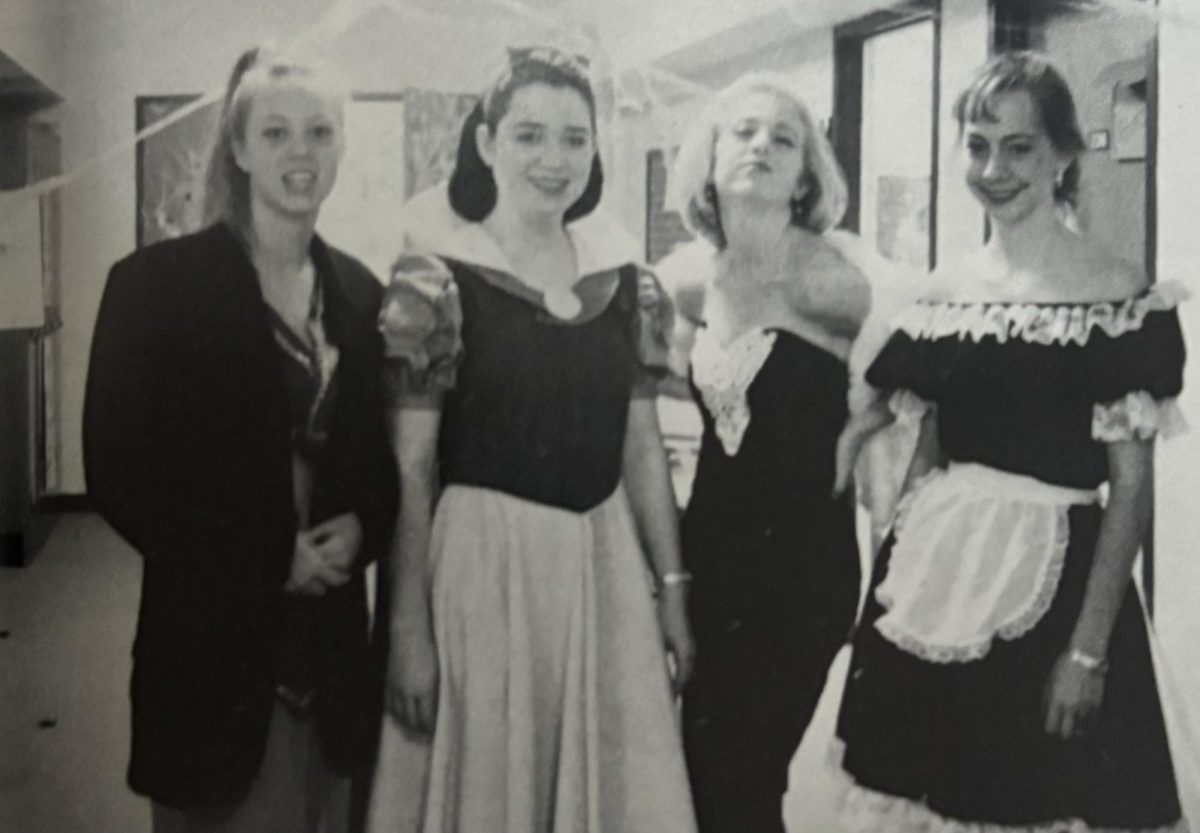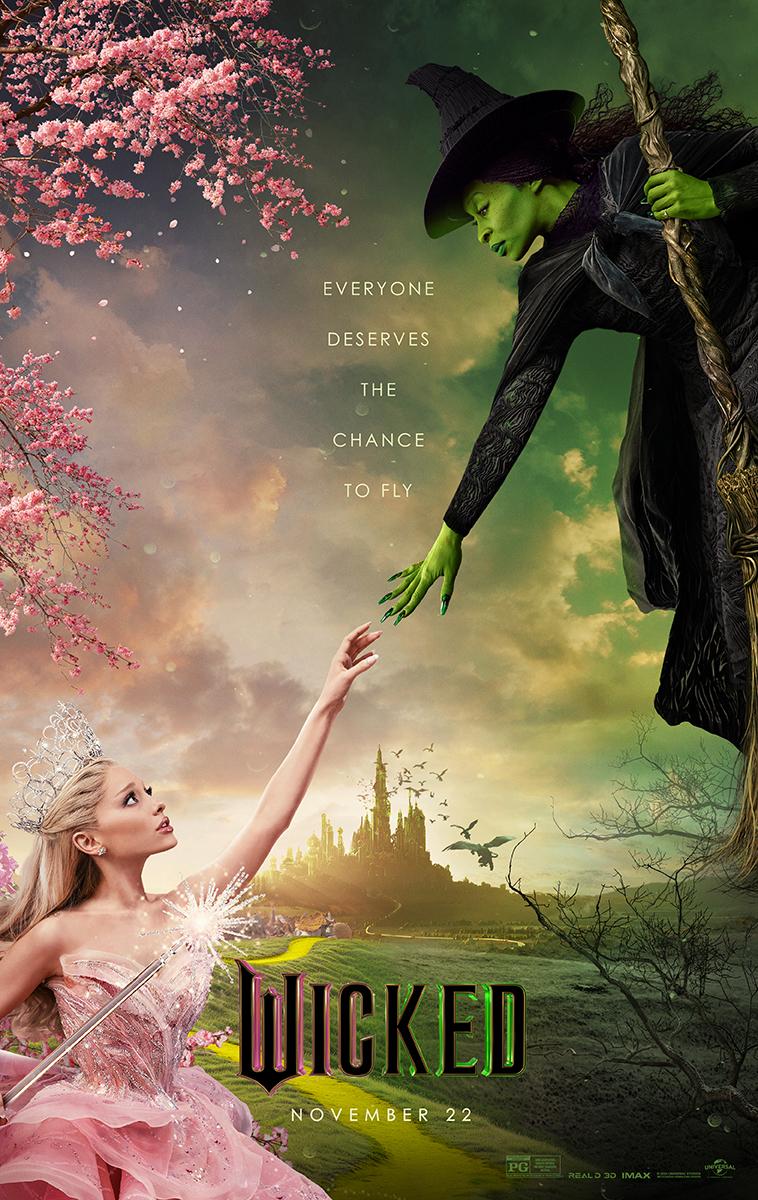 I’ve always been a little obsessed with politics. That’s not what most people would call normal for my generation; most people my age don’t turn into raging political fiends every time the presidential election rolls around. I’m a generational anomaly of sorts, an anachronism, a curious holdout against our culture’s move away from youth activism.
I’ve always been a little obsessed with politics. That’s not what most people would call normal for my generation; most people my age don’t turn into raging political fiends every time the presidential election rolls around. I’m a generational anomaly of sorts, an anachronism, a curious holdout against our culture’s move away from youth activism.
I can trace this bizarre obsession of mine back to fourth grade, when I asked every single kid in my class whether they wanted Kerry or Bush to win the election (it turns out my fourth-grade class was a poor political predictor; Kerry won my admittedly unscientific poll).
Four years later, I bought an Obama shirt, sat in front of the television on election night and watched with bated breath as the votes came in from around the country.
This year is no different: I’m that weirdly enthusiastic kid explaining the economy to Young Democrats, delivering impassioned speeches in the Hocka-mocka debate, and getting way too into political discussions in the lunchroom.
Not everyone, however, shares my enthusiasm. Back in eighth grade, I despaired of my generation’s apparent apathy when it comes to all things political, but this year I’ve started looking at things differently.
First off, I’m not that lonely kid on the playground badgering my classmates about an election that none of us really understand. There are other people my age who are as into politics as I am, who are willing to discuss and debate and get involved in the election.
But there’s no denying that there’s been a cultural shift away from youth activism. Gone are the days of the generation of my father, who actually helped shut down his high school so that the entire student body could get on a bus to Washington and protest the Vietnam War.
So I can’t help asking: why? Why are we so much less involved than our parents were? What happened? I asked that question of Lewis MacAdams, the poet and activist who spoke to my English class recently.
And his answer was, in a word, technology. Back in the ‘60s, you couldn’t just “like” racial equality or the anti-war movement; you had to get involved, go out and protest and march. Mr. MacAdams told me that he first joined the civil rights movement in the early ‘60s because marching side-by-side with fellow activists gave him a sense of community, a sense that technology just can’t give us.
Technology lets us be lazy, lets us post an angry Facebook status or tweet a political statistic without actually getting out from behind our computers and doing anything.
Strangely enough, the internet has made our generation less connected, less involved and, worst of all, more cynical. We have so much information at our fingertips that it’s overwhelming. With so many opinions being shouted back and forth on the radio, the television, and the internet, it seems impossible for our voices to be heard.
So maybe it’s time to change that. We all saw what happened during the Arab spring; when harnessed in the right way, social networking can be an incredibly powerful agent of political change.
We have worlds of information in our phones and computers, a thousand ways to connect and communicate with one another. But we can’t let it stop there. Politics happens in the real world, not online. If we want to be heard, we have to get away from our laptops and into the streets.
Those of us who are old enough can–and should–vote, but it’s not just about voting; election year or not, it’s critical that we do what our parents did and make sure that our voices are heard.
-Lizzie




